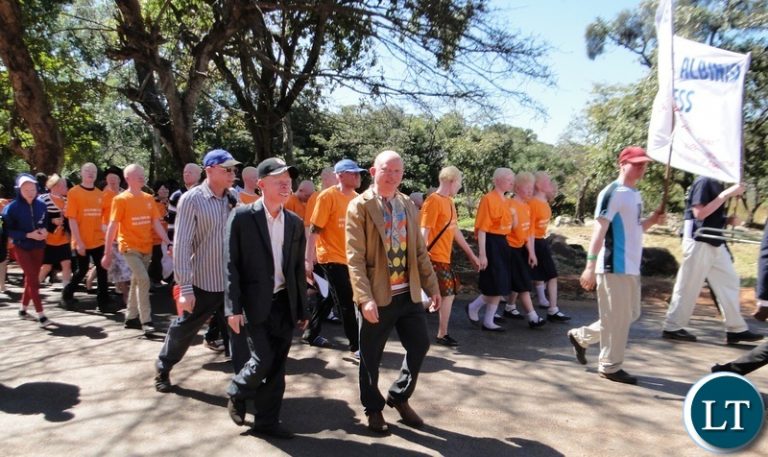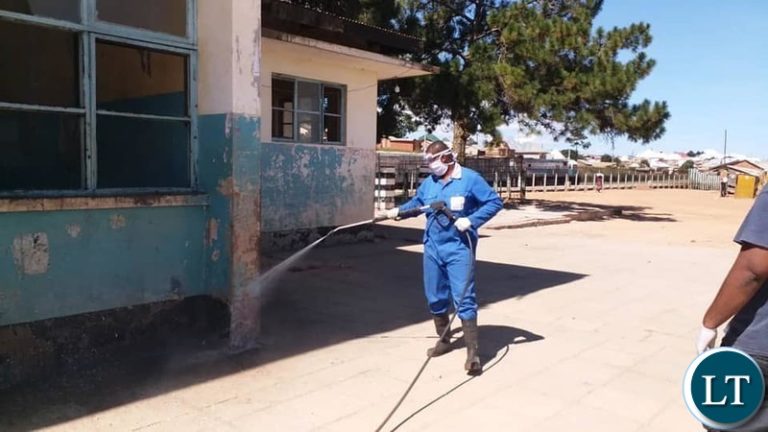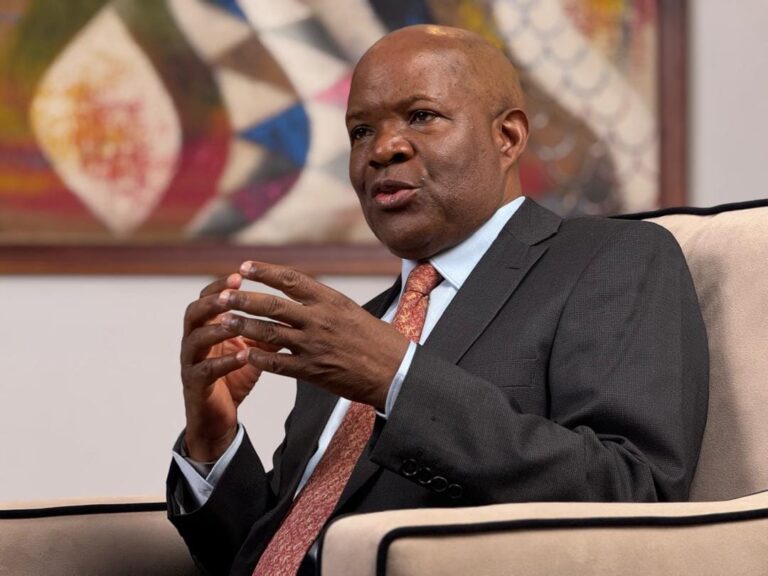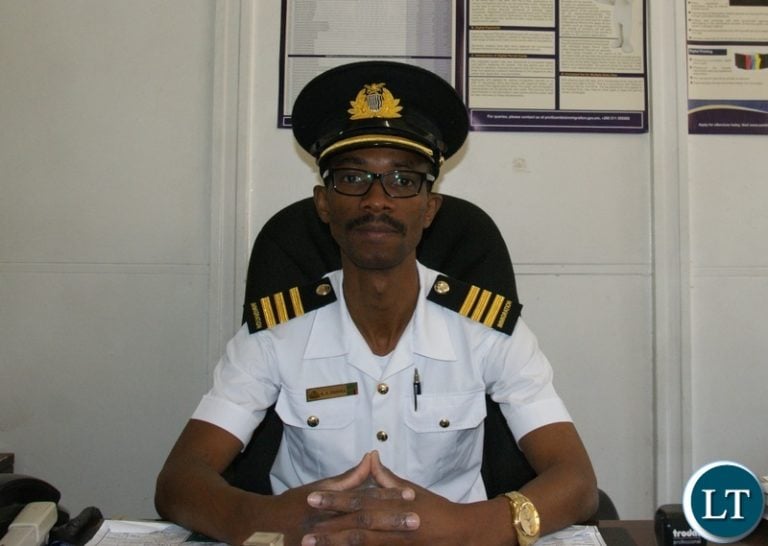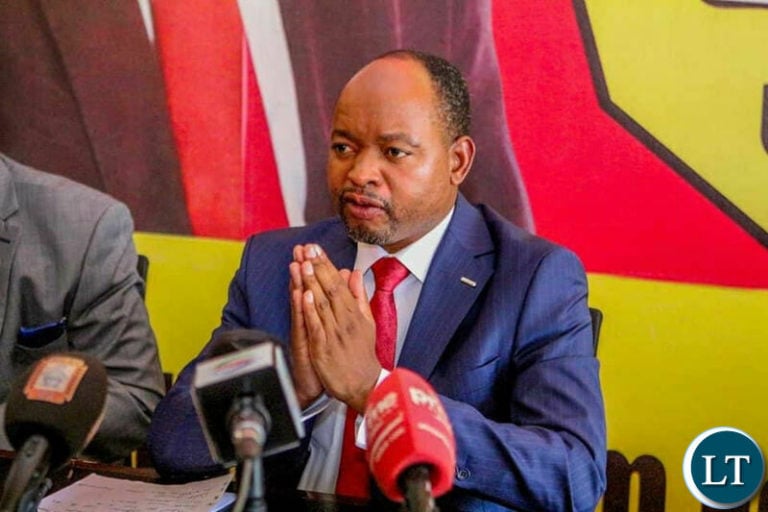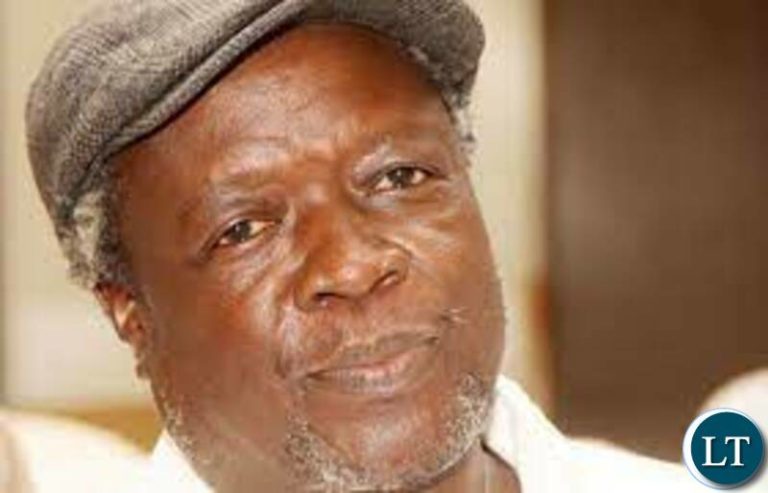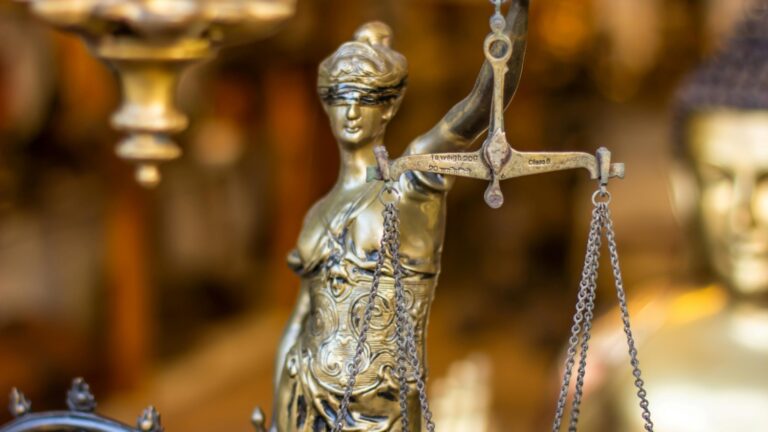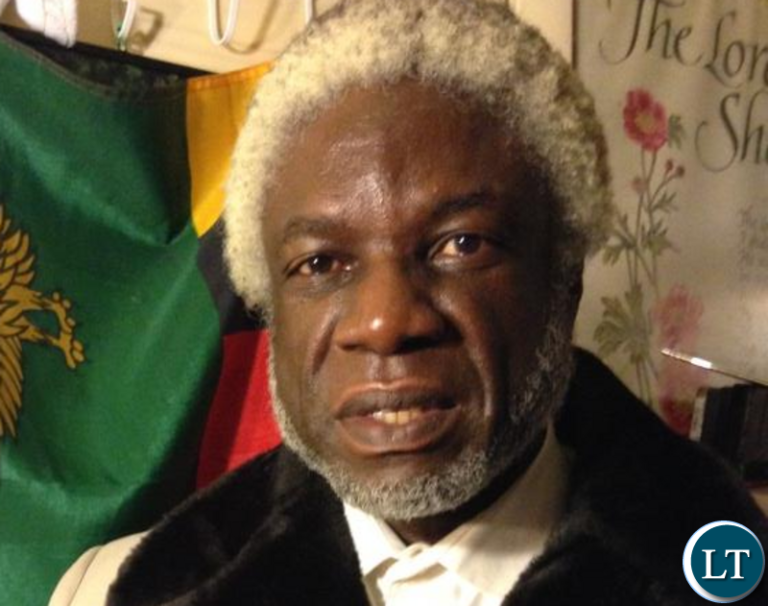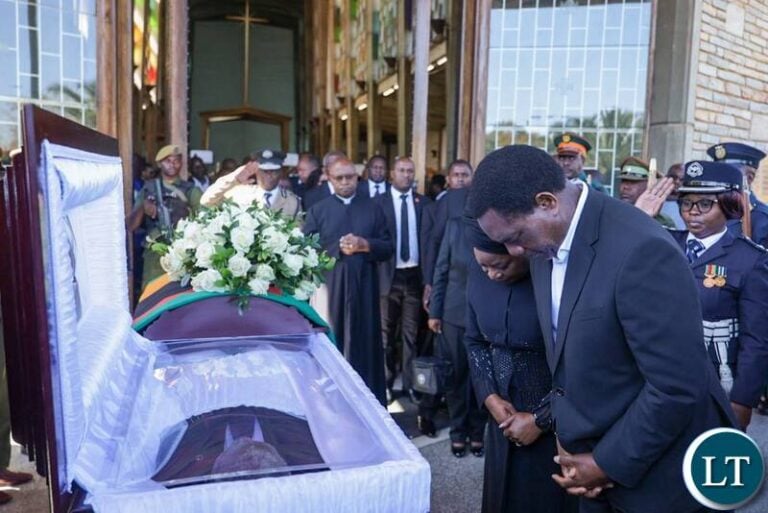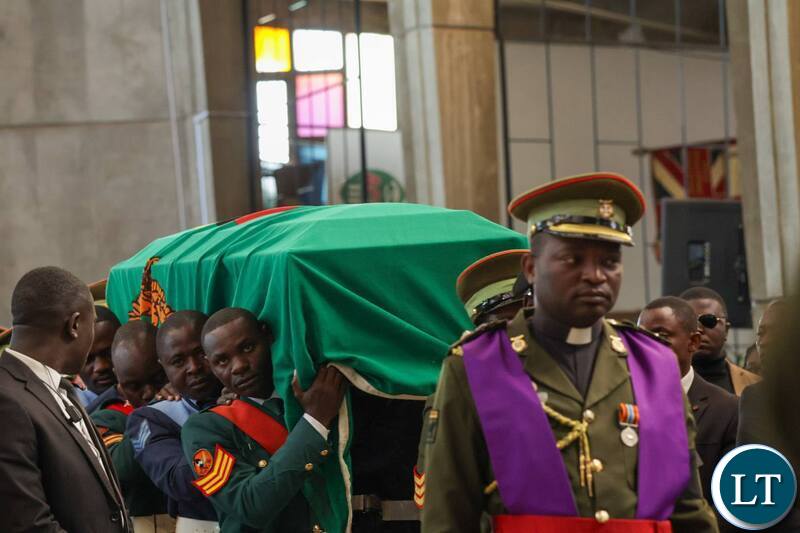Persons with Albinism (PwAs) in Zambia say they live in fear, not because of their genetic condition, but because of ignorance, myths and false beliefs that still prevail in some communities in the country.
The Persons with albinism say harmful practices are unacceptable and must be strongly rejected by right thinking members of society because they constitute a violation of the principles enshrined in the International Human Rights Treaty.
Zambia Albinism Alliance (ZAA) Secretary General (SG), Price Chibwe says albinos allegedly living in fear face of multiple human rights challenges including experiences of stigmatization and discrimination, poverty, subjected to extreme forms of violence .
Mr Chibwe noted that harmful practices related to witchcraft accusations and ritual attacks at the hands of their abled persons causes fear among albinos.
He called for an action plan and protection to people with albinism, including psycho-social support, access to quality health care, and combating discrimination, human trafficking and organ harvesting.
The ZAA SG said this in Lusaka today during the International Albinism Awareness Day. Initially, the Day falls annually on June 13 but it could not take place owing to organisational constraints.
The 2025 theme is dubbed,” Empowering the future; celebrating albinos in every shade.”
‘’I call for intensified initiatives with a positive impact, with the main focus on harmonising criminal laws on crimes against persons with albinism, carrying out national and international awareness campaigns, and social inclusion, especially of children with albinism in school,’’ he said.
And Lusaka District Commissioner, Rose Zulu w said government is aware and it is working with Civil Society Organisations for the promotion, care, love and protection of the rights of people living with albinism.
Ms Zulu said government is deeply concerned with the incidences of violence include killings, abductions, mutilations and infanticide, verbal abuse and bullying against people with albinism.
She observed that Zambia has witnessed several cases where persons with albinism have been attacked and tragically killed, apart from enduring discrimination for their skin colour.
The DC assured that strategies and mechanisms being put in place by the government at the United Nations provide specific and concrete measures to promote and protect the rights of persons with albinism and create conditions for their realisation.
“Persons with albinism are our friends, fathers, mothers, brothers, sisters, nephews, and nieces and are just like us, and deserve to be treated with respect and dignity,” she said.
Non-Governmental Gender Organisations’ Coordinating Council Executive Director, Anne Mbewe-Anamela advocated for the ratification of the African Disability Protocol to advance the interests of people with albinism in various sectors such as health, education and employment.
Ms Mbewe- Anamela who was represented by Finance and Administration Manager, Florence Lufunsa, bemoaned that female albinos face major challenges than males.
And Pauline Siame, a mother staying in Chongwe district complained that human rights violations and abuses against people with albinism in Zambia are common.
Ms Siame further complained that even after a person with albinism has died, their graves are at risk of exhumation to obtain body parts for sale and used for other ritual purposes.


